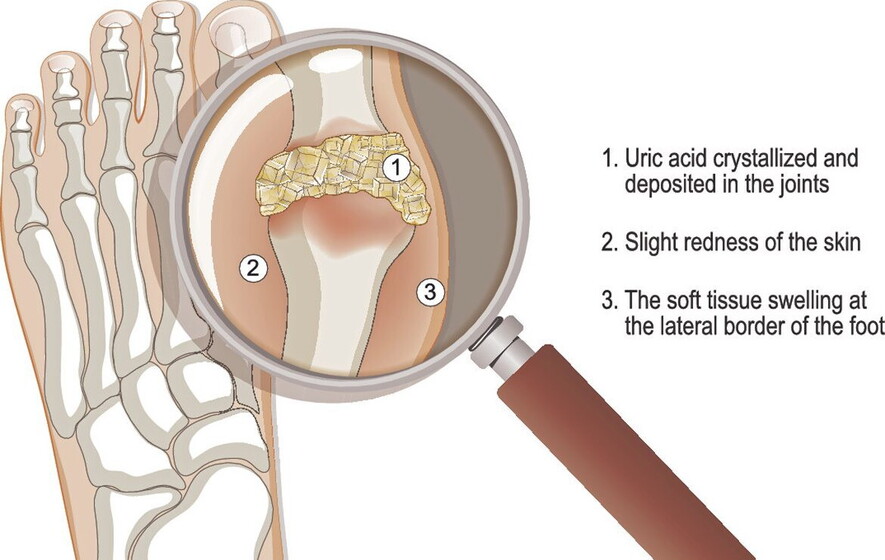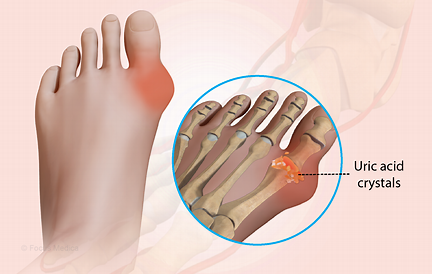- Hospital admissions for gout have surged due to binge-eating during lockdowns
- Gout is a type of inflammatory arthritis that causes sudden and severe joint pain
- The joint pain is usually in your big toe but can also be found in other joints
By XANTHA LEATHAM HEALTH AND SCIENCE REPORTER FOR THE DAILY MAIL
PUBLISHED: 17:22 EST, 14 August 2022 | UPDATED: 17:22 EST, 14 August 2022
Continue reading “Binge-eating and lack of exercise during lockdown has triggered huge increase in gout, data suggests”


